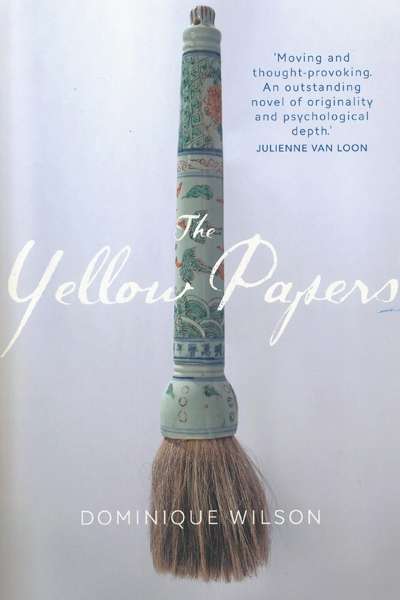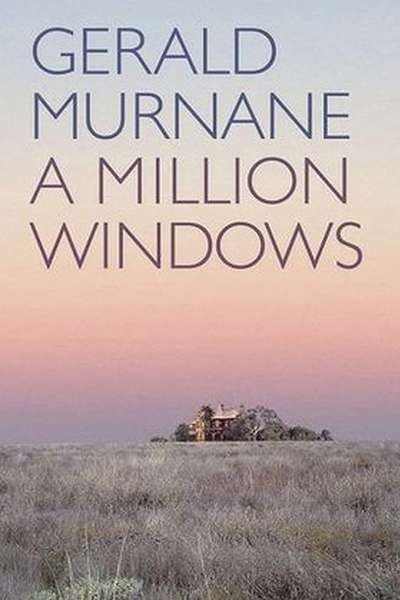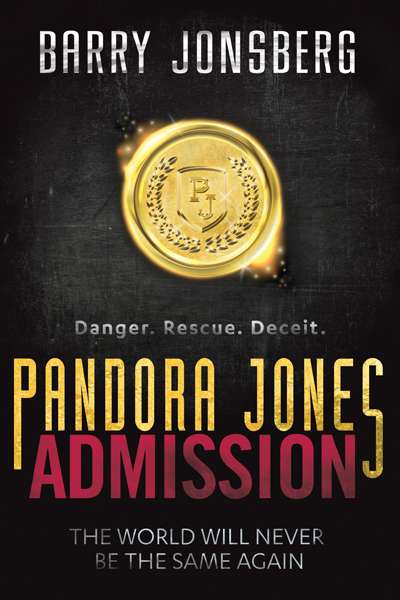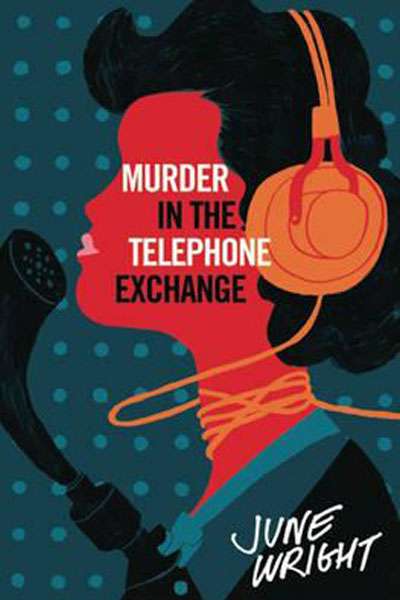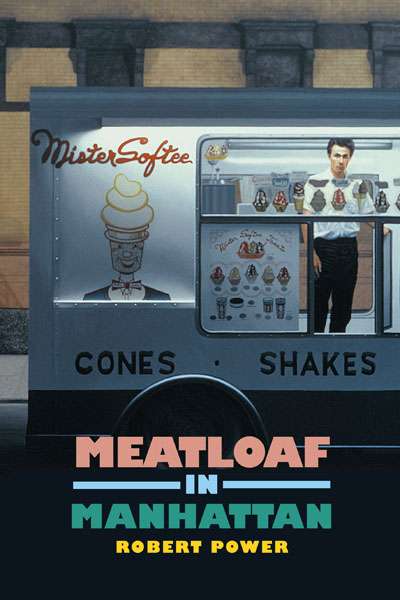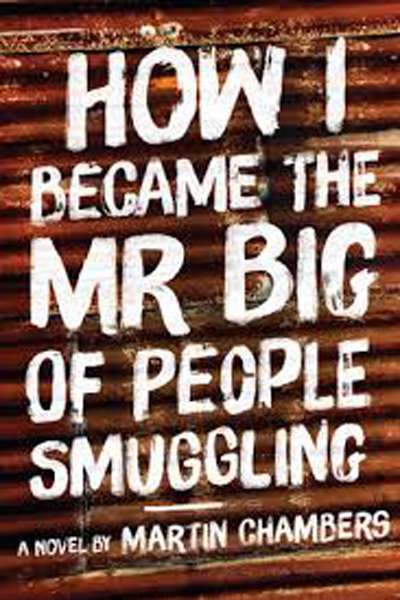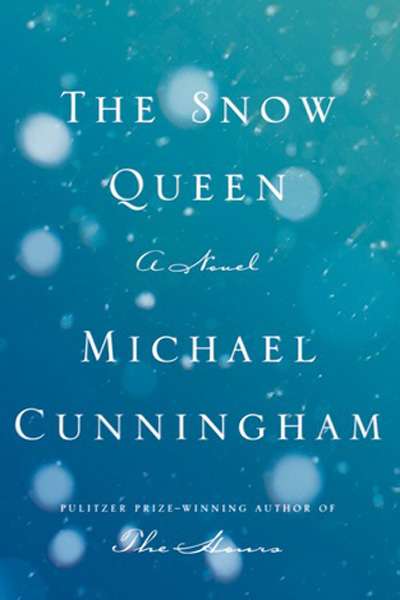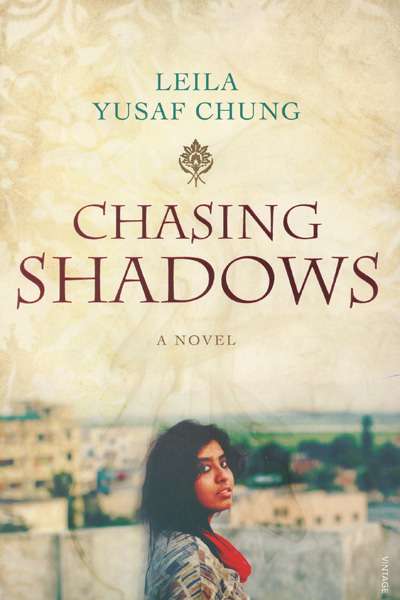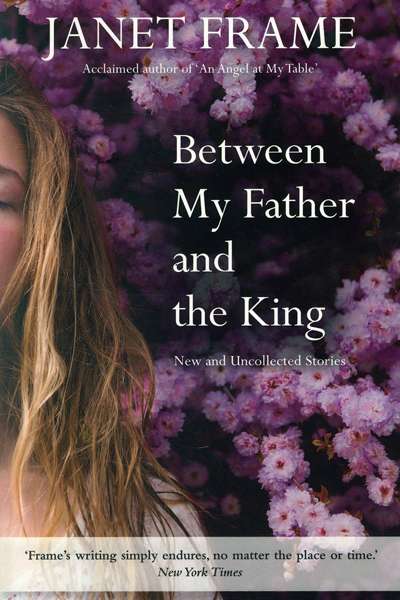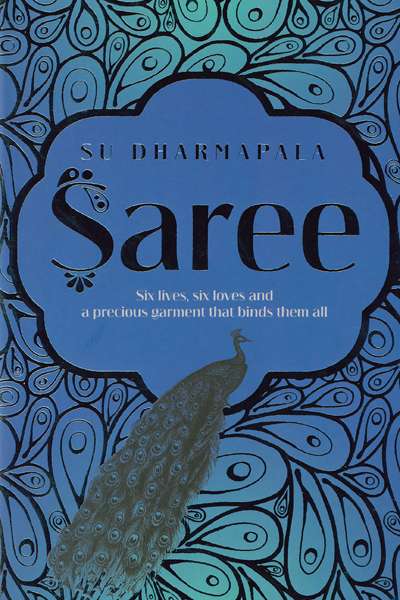Fiction
The three parts of Dominique Wilson’s story are linked together by racial prejudice, of Australians towards Asians, and of Chinese, Koreans, and Japanese towards Westerners. She picks up this well-worn thread in pre-Federation Australia and weaves it in and out of the narrative, tying it off when China is in the throes of the Cultural Revolution. During the twentieth century, her three men – two Chinese and one Australian – are afflicted by racism to different degrees. How strange, then, to call her book The Yellow Papers, without explaining the significance of that loaded adjective. What papers? Wartime telegrams, ancient documents, or something else?
... (read more)Since the publication of Tamarisk Row (1974), Gerald Murnane has continued to shape his own peculiar literary landscape. With The Plains (1982), he perfected the novelistic expression of his style; since then Murnane has concentrated on hybrid forms better suited to his purposes. Landscape with Landscape (1985), Velvet Waters (1990), and A History of Books (2012) are high points of this phase, but his newest fiction, A Million Windows, is in every part their equal.
... (read more)Pandora Jones by Barry Jonsberg & Crooked leg road by Jennifer Walsh
Where is the pleasure in reading a book as part of a series? A long acquaintance with known and trusted characters rewards the reader with the chance to share their growth and development through multiple challenges and adversities. For teenage readers, following protagonists their own age on this journey has particular rewards. All this, and cliffhangers, too.
Barry Jonsberg’s latest novel, Pandora Jones: Admission, is the first in a series. Jonsberg is a versatile and assured writer. His gift with character is the portrayal of young people who narrate their lives with humour and self-assurance. Dreamrider (2006) was a departure for him, depicting a character who was in psychological torment from dreams, which may or may not have been real.
... (read more)Who killed Sarah Compton? She was a ‘prying old busybody’, but surely that isn’t an adequate motive for murder? When her grisly corpse is found on the restroom floor of the Melbourne Telephone Exchange, there is no lack of suspects. Could Gerda MacIntyre, the girl with the ‘tragic eyes’, be capable of such a heinous crime? What is silly, pretty Gloria Patterson hiding? Is the attractive John Clarkson too good to be true? Will Detective- Sergeant Matheson prove to be the better man? And will our plucky heroine Margaret ‘Maggie’ Byrnes uncover the murderer before he, or she, strikes again?
... (read more)‘Buffalo Bill and the Psychiatrist’, ‘The Story of Little-Path and Marcus Kellogg’, ‘Zorro the Chess Master’: the playful titles of Power’s stories appear to belie the seriousness of his concerns. There is light and whimsy in this collection, but how much lies beneath the surface?
Power’s stories skip from Papua to digital worlds, the Wild West to contemporary Melbourne. For all their diverse settings, however, many read as if the events are floating in empty space rather than nailed down by concrete details. Furthermore, the exotic backdrops can feel arbitrary. The orphan protagonist of ‘She Calls Her Boy Amazing’ could be growing up almost anywhere – Vietnam plays no role in either the dramatic or thematic development of the story. Often the settings in Meatloaf in Manhattan seem inconsequential, like a garnish rather than part of the meal.
... (read more)How I Became the Mr Big of people smuggling by Martin Chambers
How I Became the Mr Big of People Smuggling is sold as a crime novel, but this is a crude categorisation for an unusual book. Mr Big is more like a fictional memoir; the story of Nick Smart, a high-school graduate who signs up to work as a jackaroo at the remote Palmenter Station, but quickly discovers that it is a front for a people-smuggling outfit. He then kills the station’s murderous namesake and takes over the operation.
... (read more)Telling the stories of brothers Tyler and Barrett, with interspersing brief moments from their lovers and mothers, Michael Cunningham’s The Snow Queen reunites its author with a familiar subject: the sublimity of the ordinary.
Barrett is a failed academic whose scholarly pursuits have dried up long before they should have begun to do so, while his romantic life is one mostly mediated by text messages and bottles of Pepsi. His brother fares no better, with dreams of a future career in music and an ever-growing drug habit. Tyler’s girlfriend, Beth, meanwhile is deteriorating before him, afflicted by a terminal cancer and existing like one of the many snowflakes that blows into his bedroom window – beautiful and present but inevitably destined to melt away in his hands.
... (read more)A multi-generational saga straddling numerous countries and political régimes, Leila Yusaf Chung’s first novel, Chasing Shadows, largely alternates between middle child Ajamia’s viewpoint and her father Abu Fadi’s memories, thus giving an evocative portrait of Middle Eastern life in the late nineteenth century. Abu, a middle-aged Polish-Jewish man, fled his barren marriage in Łódź for British Palestine, where he subsequently converted to Islam and married Keira, a carefree Palestinian girl of only thirteen. Months later, the Jewish state of Israel was created, and the subsequent disarray seeped into Abu Fadi and Keira’s marriage, irrevocably changing their lives.
... (read more)Between My Father and the King: New and uncollected stories by Janet Frame
Over half the stories collected in Between My Father and the King have not been published before – whether through reluctance, initial rejection, or restraint – and are only now, with this posthumous publication, reaching an audience. Others have appeared everywhere from the New Zealand School Journal to The New Yorker, from the mid-1940s through to 2010.
... (read more)‘Six lives, six loves and a precious garment that binds them all’ are words on the cover of expatriate Sri Lankan Su Dharmapala’s second novel. The book’s six sections follow the sequence of tying a saree – knot, first drape, pleats, second drape, the fall, and the finishing. Six lives are cleverly connected by a precious silken saree in Sri Lanka, India, and Melbourne. Initially, one imagines that the characters will be drawn from the young aspirants selected to compete for apprenticeships at a progressive saree mill in south-west Sri Lanka. Several, with their tutors, will reappear, sometimes surprisingly; others will vanish.
... (read more)

